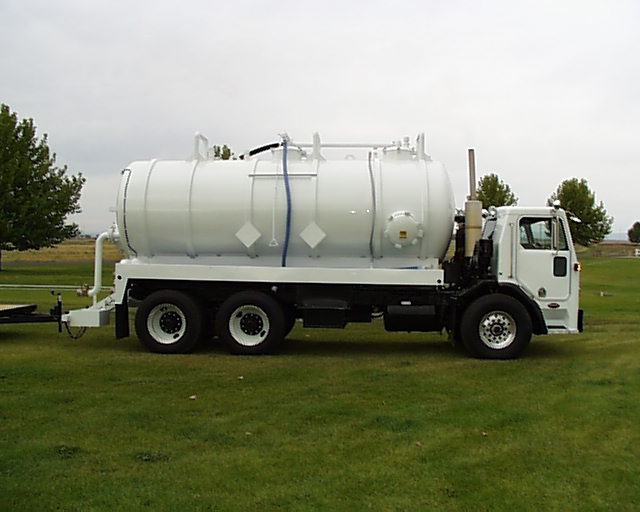Privatizing Public Recreation
A bit over five years ago, I wrote an op-ed piece in our local paper calling for further privatization of public recreation. The editorial was in response to a proposal for a large bond issue to rebuild recreation infrastructure. I argued that the state should instead be focusing on attracting private investment. Not only was there more money for recreation in private hands than public, but I sensed that private funds would more likely be invested in facilities the public really wanted, rather than goofy politically correct projects. Further, private operators could operate recreation facilities much less expensively, in part because they are not tied to ridiculous public pay scales, pension plans, and job classifications.
Soon after, I had a business broker call me and ask me if I wanted to put my money (such that it was) and time where my mouth was. After a lot of twists and turns, I ended up the owner of a recreation concession company. In a recreation concession, a private operator pays the government rent in exchange for the ability to charge visitor fees and run the recreation facility for profit. In most cases, our company can operate a property and make a profit on fees lower than the government must charge just to break even.
My business, Recreation Resource Management, has prospered since then. And as I have gotten deeper into public recreation, what I have learned has only confirmed what I wrote in that editorial. I have seen that when the government runs recreation facilities, it almost never spends enough money on capital maintenance and refurbishment. The reason seems to be that legislators, given the choice, would much rather spend $X on a shiny new facility they can publicize to their constituents than spend $X maintaining facilities that already exist. I laugh when I here progressives argue that private industry is too short-term focused and only the government invests for the long-term. In practice, I find exactly the opposite is true. Think about hotels, or gas stations, or grocery stores. Private businesses understand that every 15-20 years, they need to practically rebuild existing infrastructure from scratch to keep them fresh for customers. This kind of reinvestment almost never happens in public recreation.
Except this week!
After years of building up our business, we just completed a project with California State Parks that is what I have always wanted to achieve with the company. At McArthur-Burney Falls State Park, California State Parks had an aging concession store and an outdated section of the campground that it really did not have the money to rehabilitate (by the way, this is an absolutely beautiful park -- I highly recommend it). We crafted a two-part lease with the state which eventually led to us investing over a million dollars in the park: In phase one, we built a new concession store (old store on left, our new store on right):
In phase two, just complete, we took an old tent-camping loop with no utilities and added 24 new cabins. These cabins not only refurbish an aging and dated section of the campground, but they also add new amenities to the park to attract visitors who may not own an RV and who don't want to sleep in a tent. In addition, since they are insulated and heated, these cabins will extend the camping season -- in fact, we already have a number of reservations for Thanksgiving, a time when no one would have wanted to tent camp here.
Its a win-win-win, where we make money, the state gets lease revenues
from us that exceed their previous camping revenues, and the public
gets new amenities without any taxes or public spending.
So, in answer to the question I so often get, "why does a libertarian run a company that works with the government?" Now you know why. I will admit that from time to time I find myself on the losing end of libertarian-intellectual-purity debates because I choose this path rather than, say, living in a cabin in the wilderness and manufacturing rifle barrels for a living. *Shrug*
Postscript: One lesson I have also learned is that state governments are not always a monolith. Texas and Florida, for example, while being beloved of libertarians for having no state income tax, can be horribly bureaucratic in certain areas (e.g. sales tax reporting and vehicle registrations). California, on the other hand, which in many ways is one of the worst states to do business in, actually has what is probably the most innovative and business-friendly state parks organization in the country. Go figure.
PS#2: By the way, the cabins shown are actually modular buildings, built here in Phoenix by Cavco, and shipped to the site. The classy interior work was done my by maintenance supervisor.




